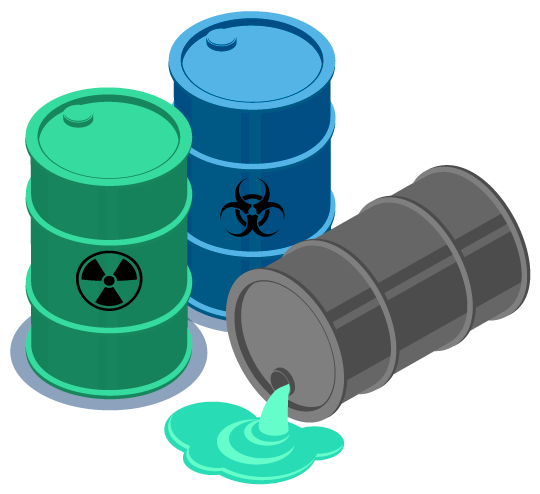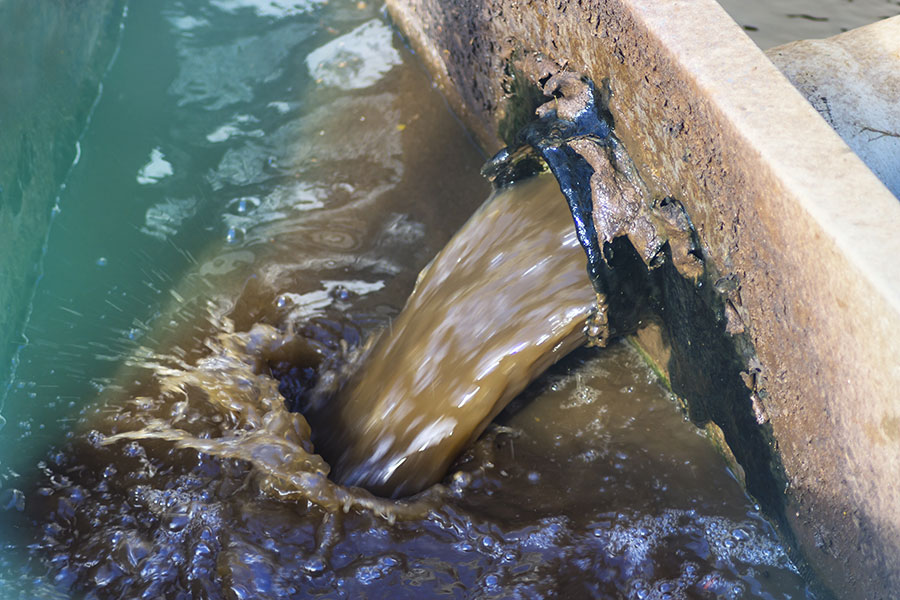Expert Liquid Waste Removal Melbourne: Keeping Your Atmosphere Clean
Expert Liquid Waste Removal Melbourne: Keeping Your Atmosphere Clean
Blog Article
Recognizing the Comprehensive Process of Fluid Waste Disposal: Ideal Practices and Environmental Impact Factors To Consider
The monitoring of liquid waste disposal is a diverse issue that requires an extensive understanding of different ideal practices and their linked environmental influences. From the kinds of fluid waste produced to the methods used for collection, therapy, and last disposal, each step plays a crucial duty in guarding communities and public health and wellness. As regulatory standards advance and modern technology breakthroughs, the discussion around these procedures ends up being progressively significant. What effects do these modifications hold for future sustainability efforts, and how can stakeholders make sure that they are properly dealt with?
Sorts Of Liquid Waste
Comprehending the numerous sorts of liquid waste is vital for reliable administration and disposal techniques. Liquid waste can be broadly categorized right into several types, each requiring one-of-a-kind handling and treatment techniques.
Industrial liquid waste commonly contains hazardous materials, consisting of heavy metals, solvents, and chemicals, generated during making procedures. These wastes necessitate strict regulative conformity to shield human health and wellness and the atmosphere. Domestic liquid waste mostly refers to wastewater produced from houses, consisting of sewage and greywater, which, although much less toxic, can still pose significant threats if poorly managed.
Agricultural liquid waste, including runoff from farms, usually has fertilizers and pesticides that can cause environmental destruction if not dealt with adequately. Clinical fluid waste, generated from health care centers, includes contaminated fluids such as bodily fluids and chemicals, calling for specialized disposal techniques to stop infection and ecological contamination.
Finally, oil and oil waste, usually generated by dining establishments and auto sectors, can create severe obstructions in sewage system systems otherwise managed effectively. Understanding these classifications facilitates targeted strategies for treatment, compliance with regulations, and reliable disposal methods, ultimately advertising environmental sustainability and public health safety.

Collection Methods
Reliable collection approaches are crucial for the appropriate monitoring of fluid waste, ensuring that it is collected safely and successfully prior to treatment or disposal. Different techniques are used relying on the sort of fluid waste produced, the quantity, and the particular characteristics of the waste.
One usual approach is using devoted collection storage tanks or sumps, which are made to capture liquid waste at the resource. These systems frequently integrate pumps that assist in the transfer of waste to bigger storage containers or therapy facilities. In addition, mobile collection systems furnished with vacuum cleaner innovation are utilized in situations where waste is generated periodically or in hard-to-reach areas.
For commercial setups, closed-loop systems can properly reduce spills and leakages, permitting for the recuperation and reuse of liquid waste. It is additionally vital to train workers on correct collection procedures to minimize dangers connected with unsafe substances.
Moreover, carrying out normal maintenance schedules for collection devices makes certain optimal efficiency and security. The assimilation of advanced tracking systems can boost collection performance by giving real-time data on waste levels and prospective risks. Overall, efficient collection approaches are fundamental to sustainable liquid waste administration methods.
Therapy Procedures
Therapy procedures play a vital function in the administration of fluid waste, changing possibly unsafe products right into secure effluents or recyclable resources - liquid waste disposal. These processes can be extensively classified right into physical, chemical, and organic techniques, each tailored to resolve certain pollutants existing in the waste stream
Physical therapy techniques, such as sedimentation and filtering, work by removing put on hold solids and particulate issue. These methods are often the very first step in the therapy chain, efficiently decreasing the lots on succeeding processes. Chemical therapies include the use of reagents to neutralize hazardous materials, speed up heavy steels, or oxidize organic contaminants, therefore boosting the security of the effluent.
Organic treatment processes, including turned on sludge systems and anaerobic food digestion, take advantage of the natural abilities of bacteria to weaken organic issue. These techniques are especially description reliable for wastewater containing eco-friendly toxins. Advanced treatment modern technologies, such as membrane filtration and progressed oxidation procedures, are significantly utilized to attain greater degrees of purification.
Integrating a mix of these treatment techniques not only makes sure compliance with regulative criteria however also promotes ecological sustainability by recovering important sources from fluid waste.
Disposal Options
Exactly how can organizations make sure the secure and responsible disposal of liquid waste? Efficient disposal alternatives are important for guarding public health and wellness and the setting. The key approaches consist of land therapy, disposal, and incineration adhered to by discharge right into municipal wastewater systems.
Land disposal includes the mindful control of fluid waste in marked land fills, making certain that it does not seep right into surrounding soil or water. Incineration, on the other hand, topics fluid waste to heats, converting it right into ash and gases, which need appropriate purification to decrease discharges. This approach appropriates for harmful wastes that can not be dealt with with standard means.
In cases where liquid waste can be treated, organizations might decide for organic or chemical therapy processes to neutralize unsafe parts before releasing the dealt with effluent into community systems. This path usually straightens with governing requirements, ensuring that the effluent meets safety criteria.
Inevitably, organizations should carry out comprehensive evaluations of each disposal option to establish its feasibility, taking into consideration variables such as waste structure, regulative compliance, and possible risks to wellness and the setting. By choosing appropriate disposal techniques, companies can add to a responsible waste management method.
Environmental Impact
The environmental impact of fluid waste disposal is an important factor to consider for organizations looking for to minimize their environmental impact. Additionally, the discharge of untreated or inadequately treated waste right into surface area waters can result in eutrophication, leading to oxygen depletion and the succeeding fatality of fish and various other microorganisms.

To alleviate these impacts, companies must embrace best practices such as carrying out rigorous waste treatment procedures, advertising recycling and reuse, and adhering to regulatory requirements. By taking an aggressive approach to liquid waste monitoring, entities can significantly lower their environmental impact while supporting sustainable development objectives. Ultimately, a comprehensive understanding of the ecological impacts connected with fluid waste disposal is important for educated decision-making and responsible stewardship of natural deposits.
Verdict
Efficient monitoring of liquid waste is critical for protecting environmental stability and public wellness. Ultimately, an extensive understanding of liquid waste disposal not only minimizes environmental influences yet additionally fosters a commitment to responsible source administration and environmental stewardship.
The administration of liquid waste disposal is a multifaceted problem that requires a comprehensive understanding of different finest methods and their linked environmental influences. From the kinds of fluid waste created to the approaches used for collection, treatment, and final disposal, each step plays a vital duty in safeguarding ecosystems and public health and wellness.The environmental influence of liquid waste disposal is a vital factor to consider for companies seeking to lessen their environmental impact. Ultimately, a comprehensive understanding of click to find out more the ecological impacts linked with fluid waste disposal is crucial for notified decision-making and accountable stewardship of see natural resources.
Ultimately, a detailed understanding of liquid waste disposal not just alleviates environmental influences yet additionally promotes a dedication to liable resource administration and ecological stewardship.
Report this page